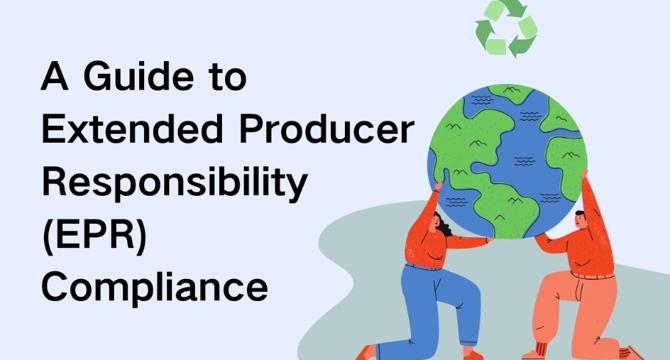TechBullion
4d
69

Image Credit: TechBullion
A Guide to Extended Producer Responsibility (EPR) Compliance
- Extended Producer Responsibility (EPR) is a policy requiring manufacturers to take charge of their products' entire lifecycle.
- Achieving EPR compliance for international sellers can be complicated and requires compliance with EPR regulations in each market.
- Europe has taken a leading role in implementing EPR regulations across industries.
- Important reminders, such as needing to complete EPR registration and reporting, comply with local EPR regulations, and report the quantity of EPR product categories within the reporting period.
- EPR compliance is essential for selling products in the EU market as it is a must-have for success.
- Prioritize EPR compliance, as non-compliance can lead to severe legal consequences, potentially damage business operations, and harm your brand reputation.
- This article is a guide to EPR compliance, providing an overview of EPR, European policies, compliance requirements, and certification, along with detailed steps.
- Seeking the help of a professional EPR service provider can be a good idea to stay up to date with regulatory changes and handle EPR compliance.
- VATAi is an experienced team that can help accurately interpret regulatory changes and efficiently handle EPR compliance matters.
- Contact VATAi today for a free consultation.
Read Full Article
4 Likes
For uninterrupted reading, download the app